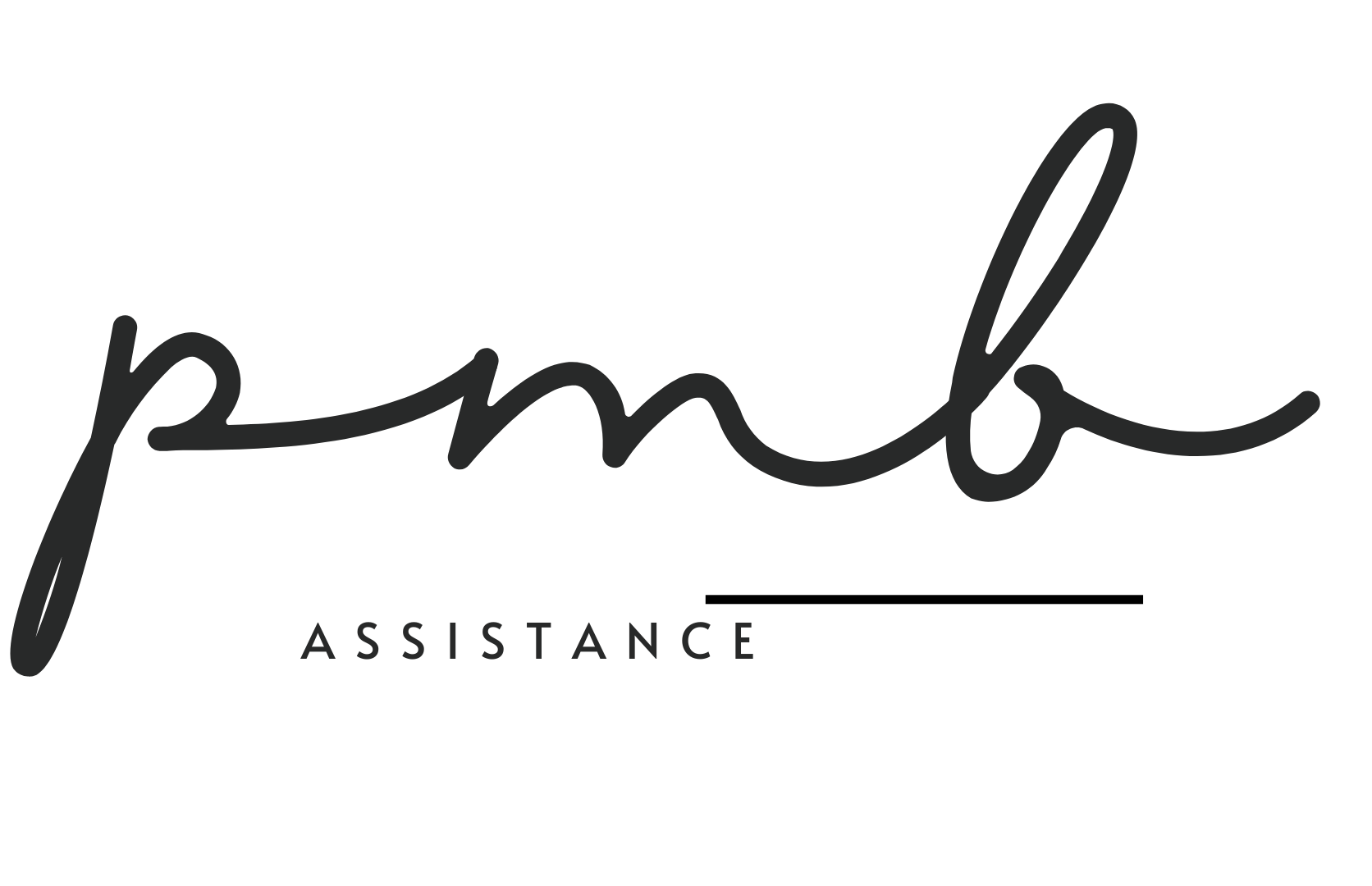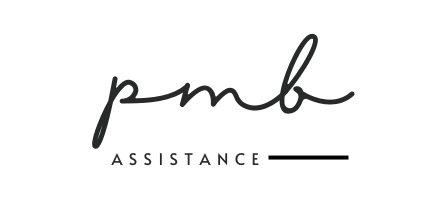When I first started working as a virtual assistant, I was 100% focused on learning the tools, serving my clients, and getting the job done. What I wasn’t prepared for was handling the financial side of things. I didn’t think of myself as a small business owner—I just saw myself as a remote worker earning a monthly payment.
But that mindset started to shift very quickly.
The Wake-Up Call: Business Expenses Are Real
During my first contract, I negotiated a rate that seemed fair for me as a person. I didn’t think to include things like:
- Internet costs
- Taxes
- Health insurance
- Pension savings
- Time spent on admin tasks
That’s because I was used to working under agencies, where someone else handled those details.
When my rate was reviewed, I took the opportunity to rethink things. I sat down, did the math, and renegotiated my rate based on a business mindset. That meant separating my business income from my personal salary.
Step One: Know Your Numbers
The first thing I did was figure out my fixed business expenses:
- Taxes (monthly and yearly)
- Internet
- Health insurance
- A monthly pension contribution goal
These are non-negotiables if you want to stay sustainable and plan for the future.
Step Two: Hire an Accountant
Best decision ever.
With an accountant’s help, I was able to:
- Estimate my monthly and annual taxes
- Understand what I could deduct (like my laptop, internet, coworking, etc.)
- Set up a clear system for tracking invoices and expenses
- Start saving a fixed amount each month to cover tax obligations
Having someone who speaks the language of numbers made a huge difference. It took the guesswork out of everything.
Step Three: Invoice Like a Pro
Every month, I send an invoice to my client. Simple, clean, and official. I also declare taxes regularly. Why? Because it opens doors:
- I can justify my income to my health insurance provider
- I can apply for credit (if needed)
- I can show income proof when applying for visas or rental applications
- I can build a real financial history as a freelancer
Final Thoughts: Think Like a Business Owner
If you’re a virtual assistant and haven’t started managing your finances this way, let me tell you—it’s a game changer.
You’re not just a remote worker. You’re running a small business. And with that comes the power (and responsibility) to take control of your income, your future, and your peace of mind.
Start now. Even with just a spreadsheet and a plan. Your future self will thank you.
💬 Have questions about taxes, rates, or tools to manage your VA finances? Leave a comment below or connect with me by sending me an email to info@pmbassistance.com
The next blog post will provide a deeper look into managing personal finances.






